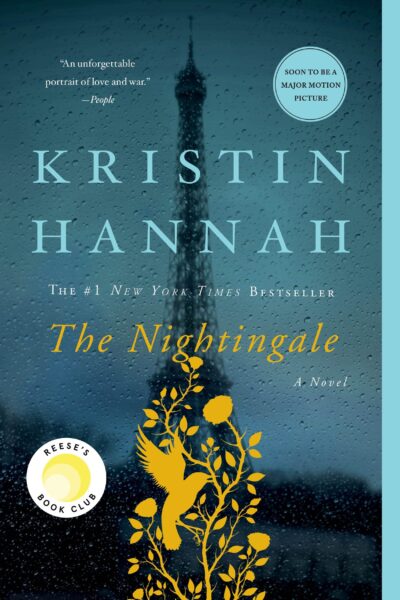Chapter 35: Vianne’s Struggle for Survival and Hope
byChapter Thirty-Five immerses readers in the harrowing emotional and physical struggles faced by Vianne Mauriac during and after the German occupation of France. The oppressive heat of August in Carriveau mirrors the stifling tension that defines Vianne’s existence under the control of Von Richter, a German officer billeted in her home. Once a haven, her house has transformed into a space of fear and coercion, where each moment demands careful navigation between survival and self-sacrifice. The weight of occupation is compounded by the suffocating presence of Von Richter, whose authority forces Vianne into a state of constant vigilance and emotional turmoil.
The chapter delves into the moral and emotional complexity of Vianne’s decisions during this dark time. Her compliance with Von Richter’s advances, born out of a desperate need to protect her children, becomes a wrenching exploration of the sacrifices women made during war. This dynamic is not one of choice but of compulsion, underscoring the inhumanity of war and the brutal compromises it forces upon individuals. Vianne’s actions, though driven by love and duty, leave her grappling with an enduring sense of guilt and the fear that her children might one day see her as complicit in their suffering.
Amid this personal turmoil, the broader context of the war’s shifting tides brings a bittersweet blend of hope and uncertainty. As the German forces retreat and liberation edges closer, Vianne begins to anticipate an end to the occupation. However, this hope is tempered by the inescapable consequences of her wartime experiences. The news of her pregnancy introduces a new emotional layer, symbolizing both the trauma inflicted by Von Richter and the potential for renewal. The baby becomes a physical manifestation of her struggle, carrying with it the weight of her sacrifices and the possibility of redemption.
Antoine’s return from captivity marks a pivotal moment in the chapter, yet their reunion is far from the joyful homecoming they might have imagined. Both carry the scars of war—Antoine from the harsh realities of captivity, and Vianne from the emotional wounds inflicted by her compromises and losses. Their interactions are tinged with unspoken pain, as they cautiously navigate the complexities of their changed relationship. The weight of secrets and the challenge of rebuilding a life together after such profound upheaval underscore the difficulty of moving forward when the past remains so deeply entrenched.
The narrative offers glimpses of resilience and small acts of healing, even as it explores the lingering pain of war. Vianne’s attempts to create a semblance of normalcy for her children serve as a testament to her strength, while her decision to view the unborn child as a symbol of hope reflects her enduring capacity for love. This optimism, fragile yet determined, becomes a defiant stand against the darkness that has threatened to consume her. Through this choice, the chapter emphasizes the human ability to find light even in the most overwhelming circumstances.
By the chapter’s conclusion, Vianne and Antoine stand at the precipice of a new chapter in their lives, marked by the simultaneous weight of their shared pain and the promise of renewal. Their decision to move forward, despite the unresolved wounds of the past, speaks to the resilience of the human spirit and the power of love to guide individuals through even the darkest moments. Vianne’s story becomes a reflection of countless untold narratives of survival, loss, and the enduring hope for redemption in the aftermath of war.
This expanded narrative of Chapter Thirty-Five masterfully intertwines themes of sacrifice, resilience, and the complexities of human emotion. It captures the raw realities of survival during wartime and the profound strength required to rebuild lives shattered by conflict. Through Vianne’s journey, the chapter offers a poignant meditation on the cost of survival and the unwavering hope that defines the human experience.


